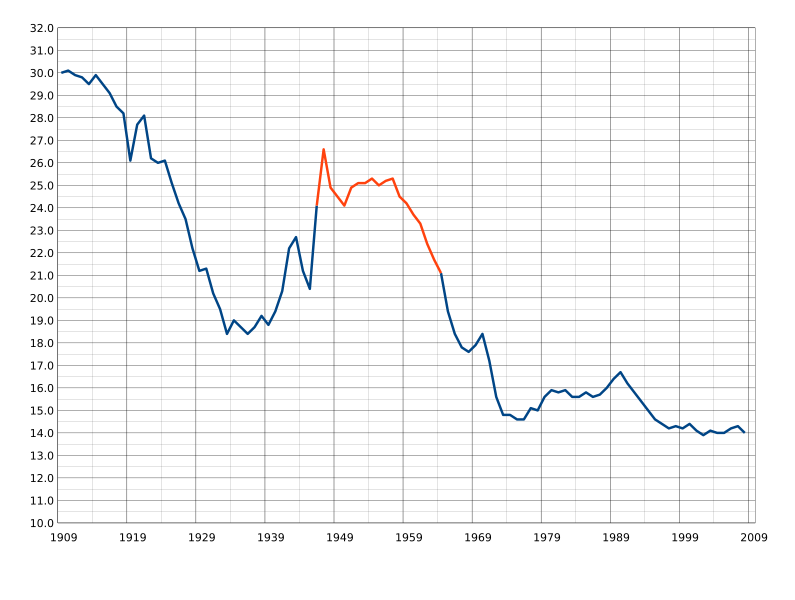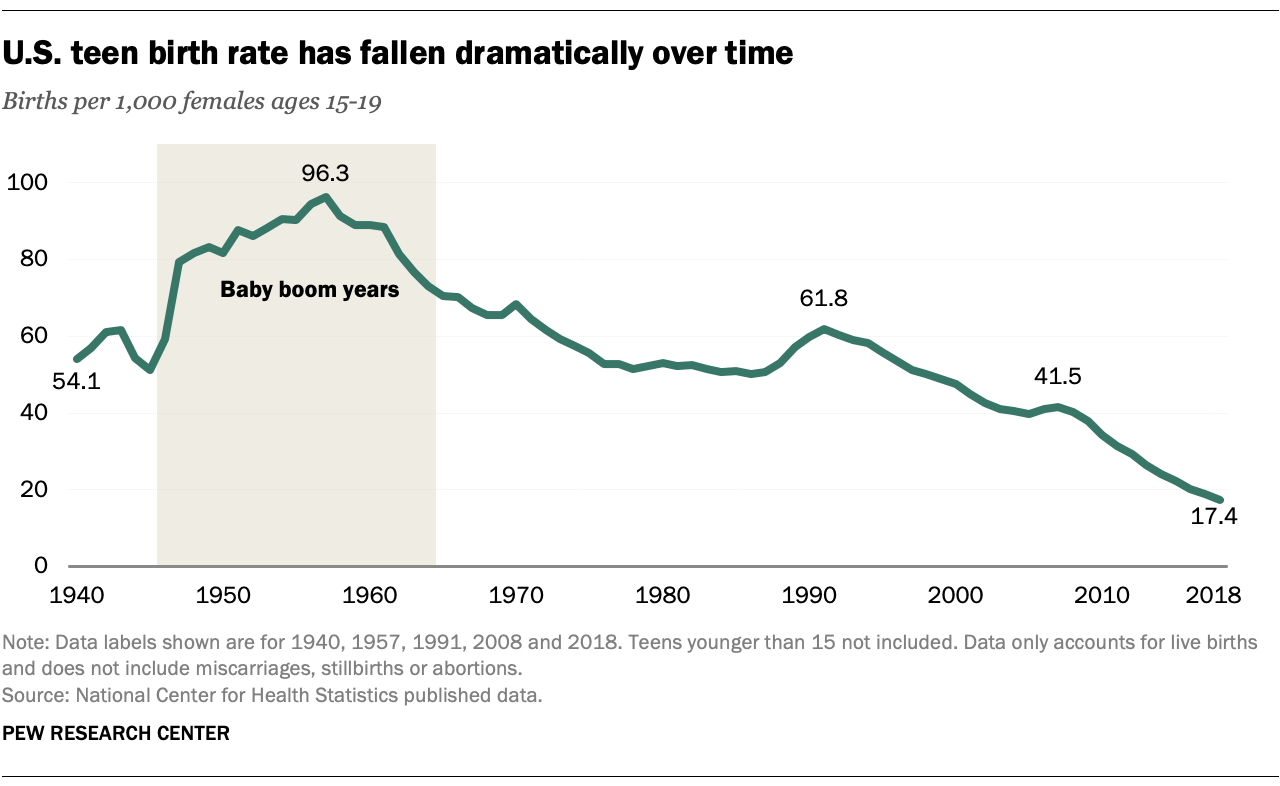Doing more coal plants. No real way around that one I'm afraid, progress demands electricity and the Plan demands progress.
Y'know what y'all are right. I hoped we could keep the coal plants to at least once every two turns, but there's little sense in delaying growth for such fickle wishes. So I decided to go ALL IN.
[] Plan Coal-Fired Chemistry and Mass Media
-[]2355 Resources (approx 500 in reserve), 38 Dice Rolled
Infrastructure (5/5 Dice, 315 R)
-[]Passenger Rail Network(Western SU), 1 Dice (75 R)
-[]Construction of the Paved Road Network(Stage 5), 1 Dice (60 R)
-[]Telecommunications Infrastructure(Stage 3), 3 Dice (180 R)
Heavy Industry (8/8 Dice, 670 R)
-[]Taganrog Metallurgical Plant Expansion, 1 Dice (100 R)
-[]Coal Power Plants, 2 Dice (180 R)
-[]Test Reactor Complex Construction, 1 Dice (100 R)
-[]Development of the ZIL Automotive Plant, 1 Dice (80 R)
-[]Bus Plants(Riga), 3 Dice (210 R)
Rocketry (3/3 Dice, 200 R)
-[]Some yuri-yeeting scheme?, 1 Dice
-[]Development of the Stalingrad Plant(Stage 2), 2 Dice (200 R)
Light and Chemical Industry (11/8 Dice, 660 R)
-[]Pre-Caspian Petroleum Basin Exploitation(Stage 1), 1 Dice (30 R)
-[]Oil Cracking Plants, 1 Dice (75 R)
-[]Plastic Production(Stage 4), 2 Dice (110 R)
-[]Pesticide Production Plants(Stage 4/5), 5 Dice (325 R)
-[]Television Production Plants(Stage 3), 2 Dice (120 R)
Agriculture (5/5 Dice, 270 R)
-[]Agricultural Infrastructural Development, 1 Dice (60 R)
-[]Housing Expansions, 2 Dice (90 R)
-[]Development of Additional Fruits, 2 Dice (120 R)
Services (4/2 Dice, 240 R)
-[]Film Studio Formation (Stage 3), 2 Dice (120 R)
-[]Television Station Development(Stage 3), 2 Dice (120 R)
Bureaucracy (5/5 Dice, 0 R)
-[]Dedicate Focus Towards a Project(Pesticides), 1 Dice
-[]Restructure Enterprise Tax-Structures, 1 Dice
-[]Streamline Financial Organs, 1 Dice
-[]Some new reform probably?, 1 Dice
-[]The Voz doing more mad science?, 1 Dice
Using that dirty coal power, this plan not only finishes oil cracking and the plastics stage, but it also gets us more of that sweet Green Revolution juice by doing the pesticides plant (I could swap it for fertilizes if that'd be better though). It also builds a neglected TV plant along with finishing up our media promises in Services from the last plan. Also phones, finally. Reforms are a pretty wild guess, I'm still not great there.



